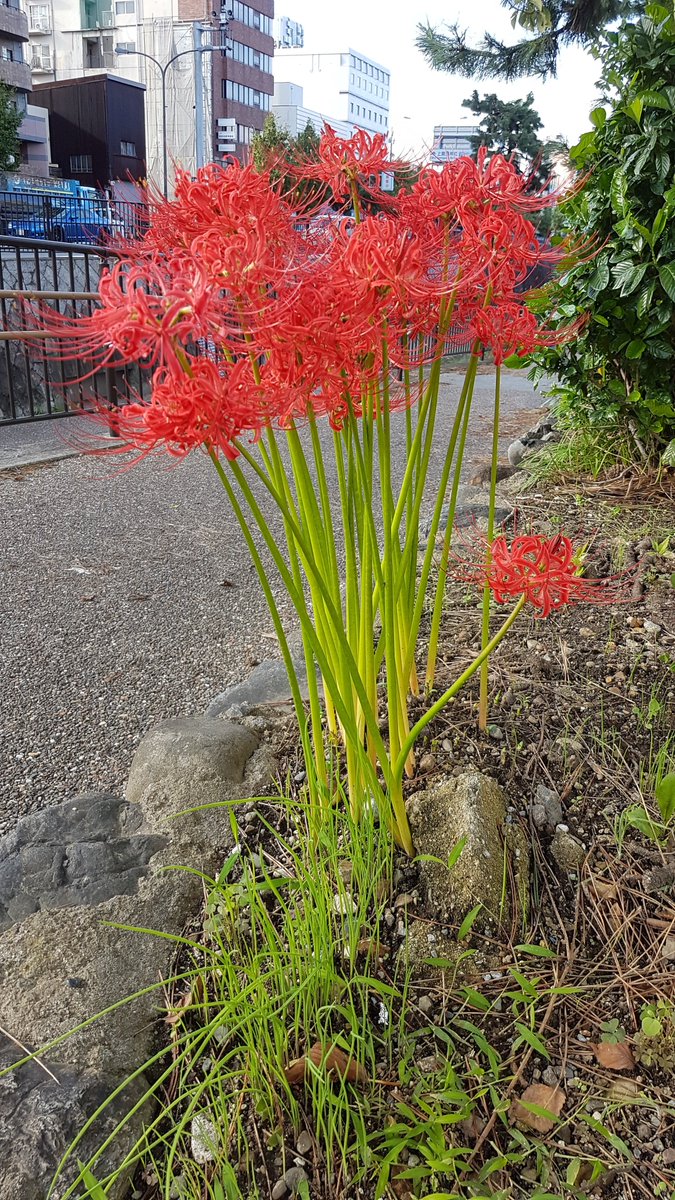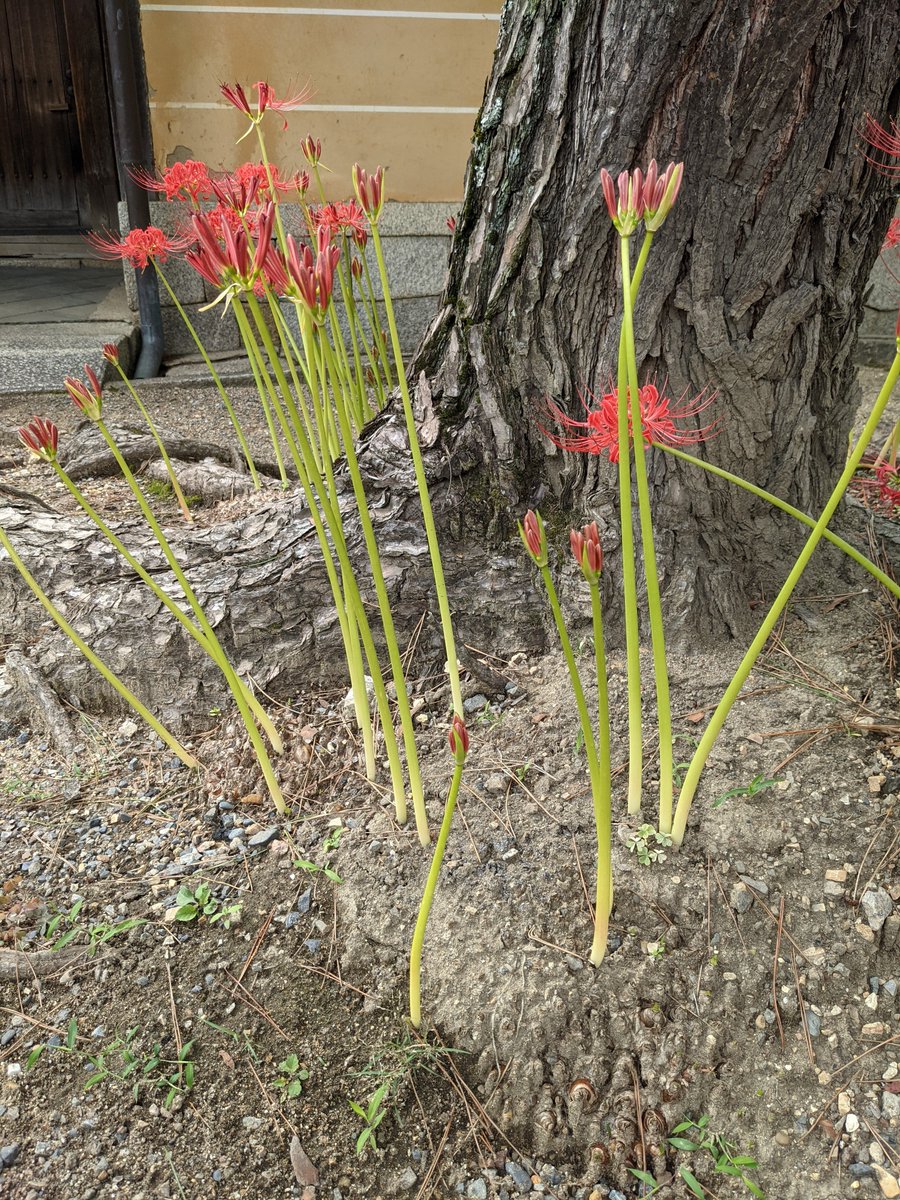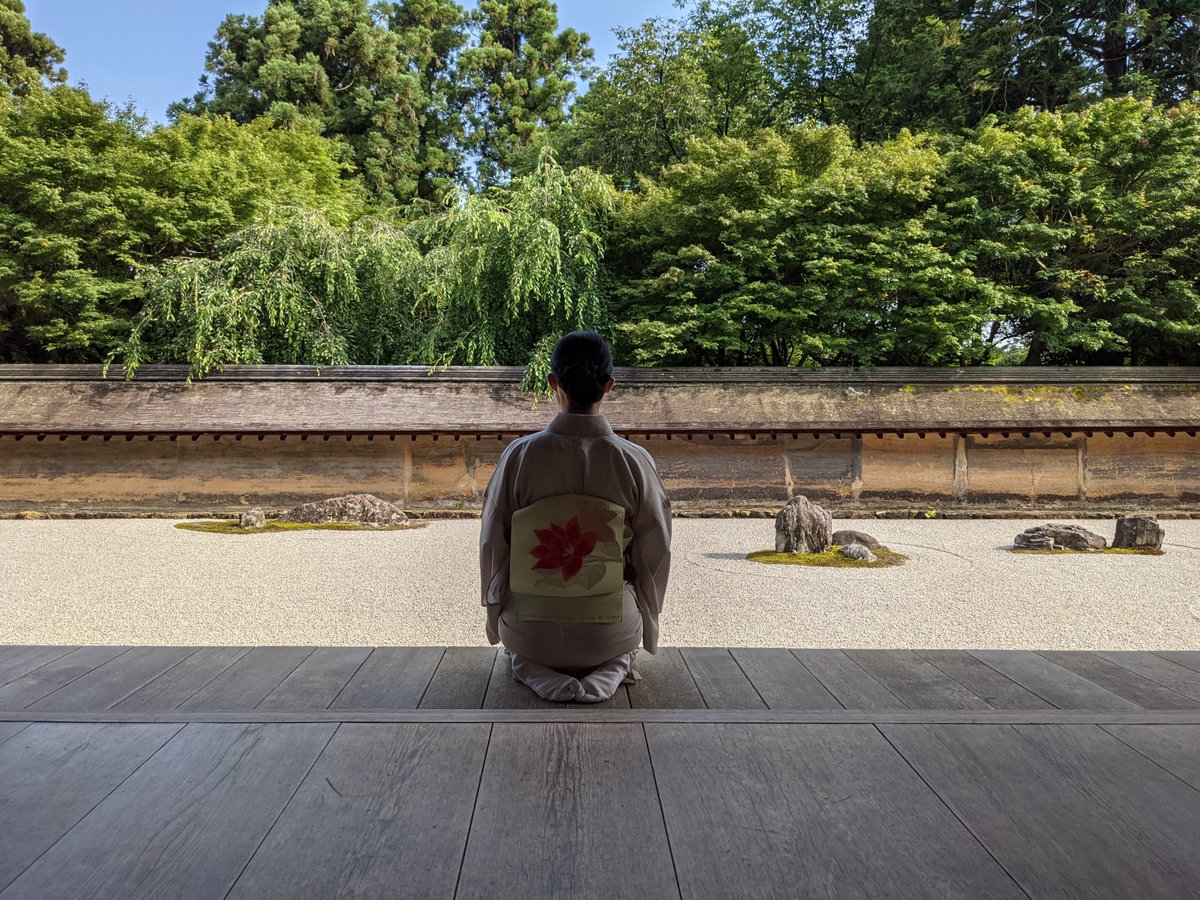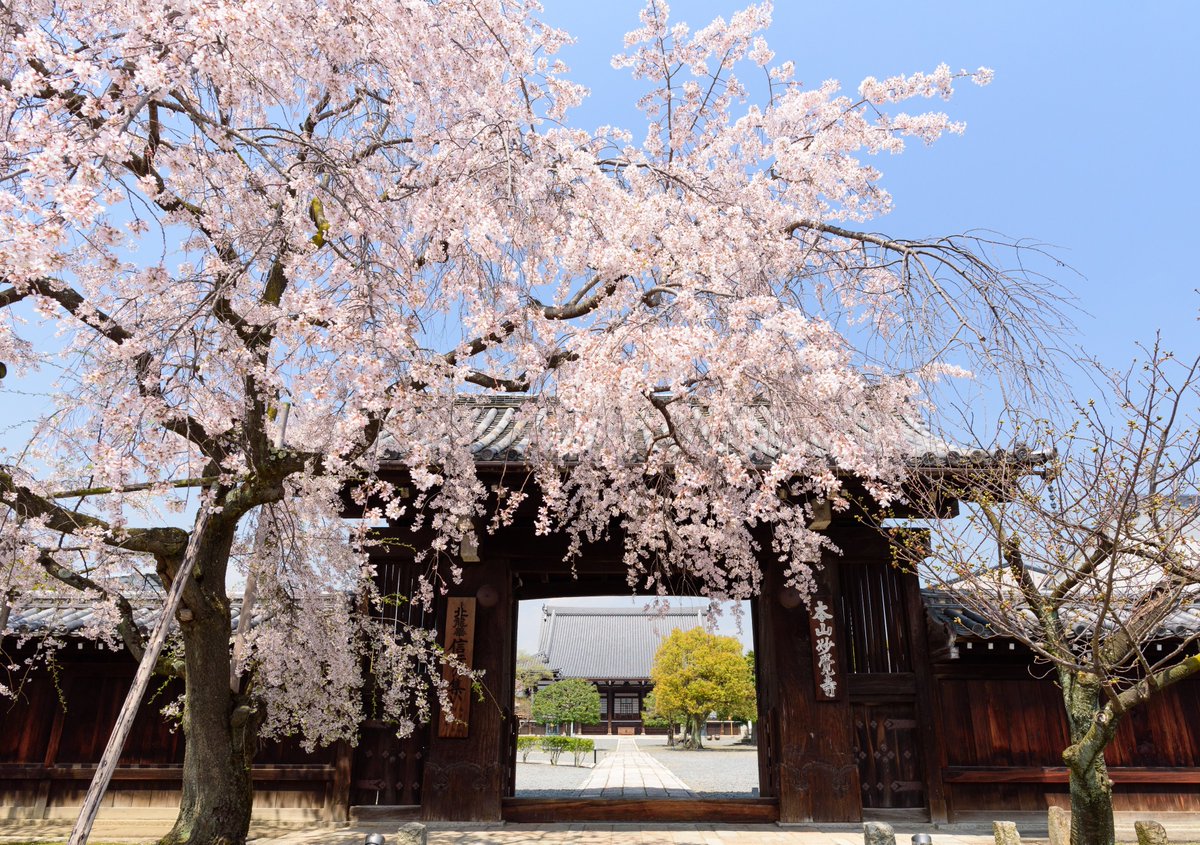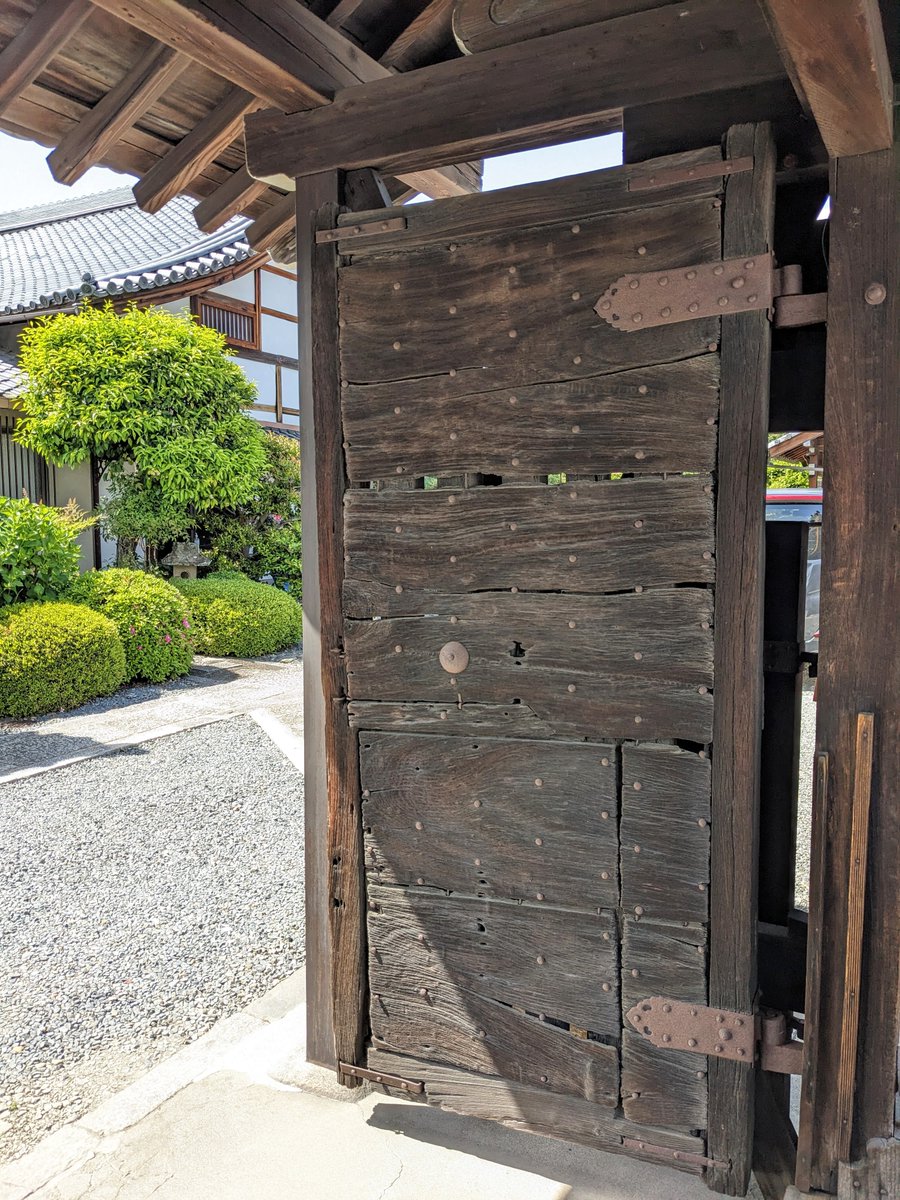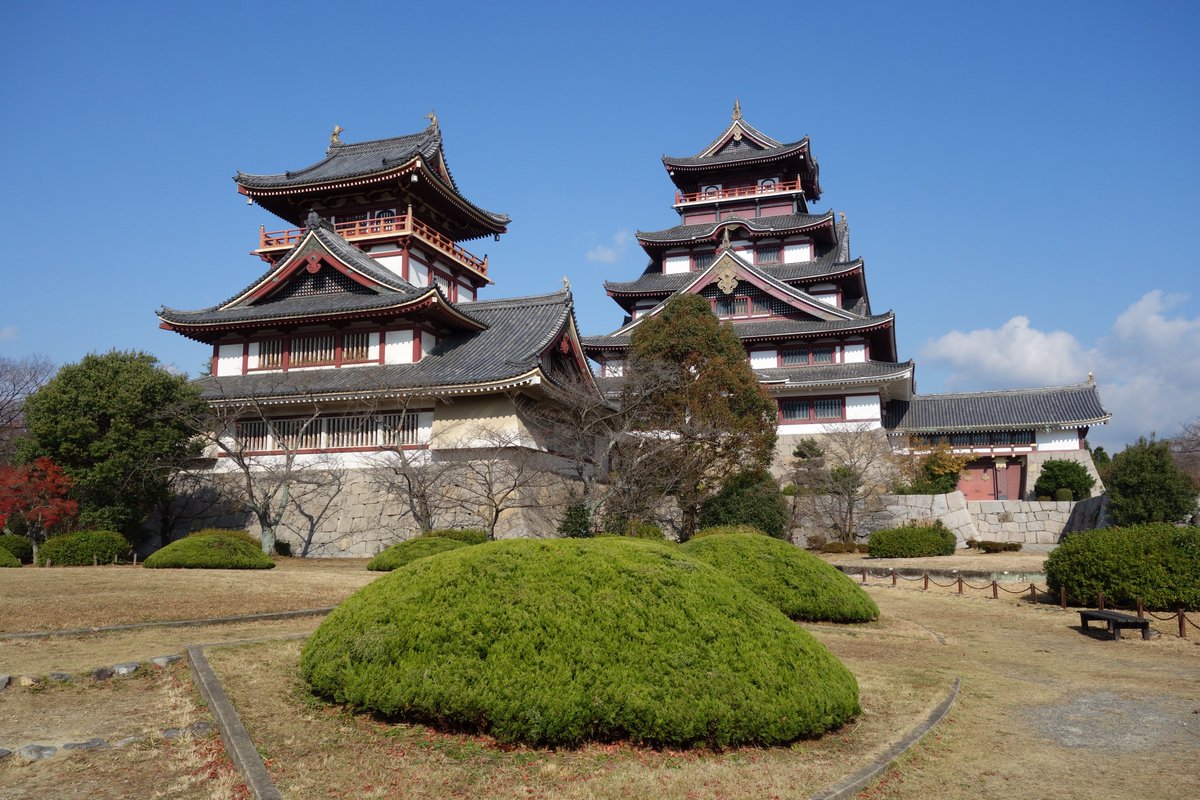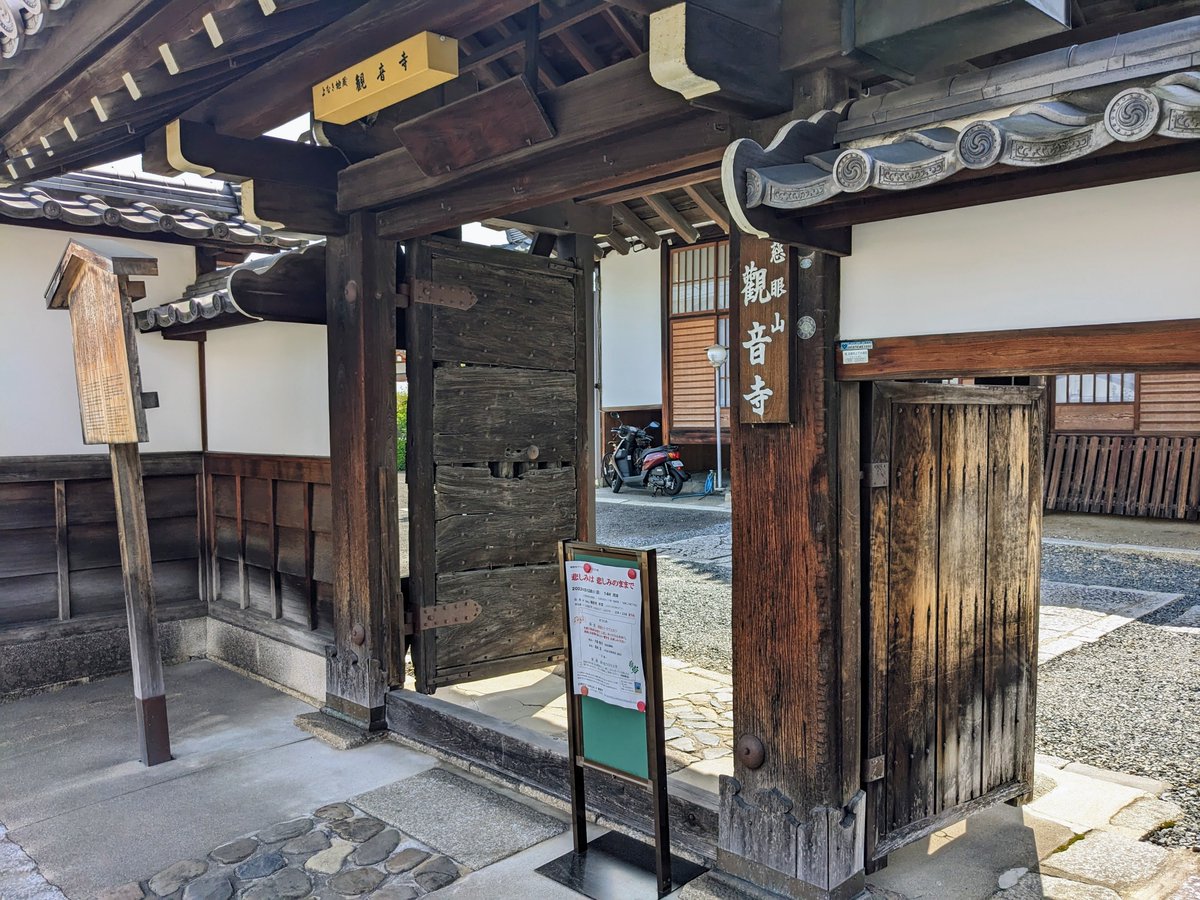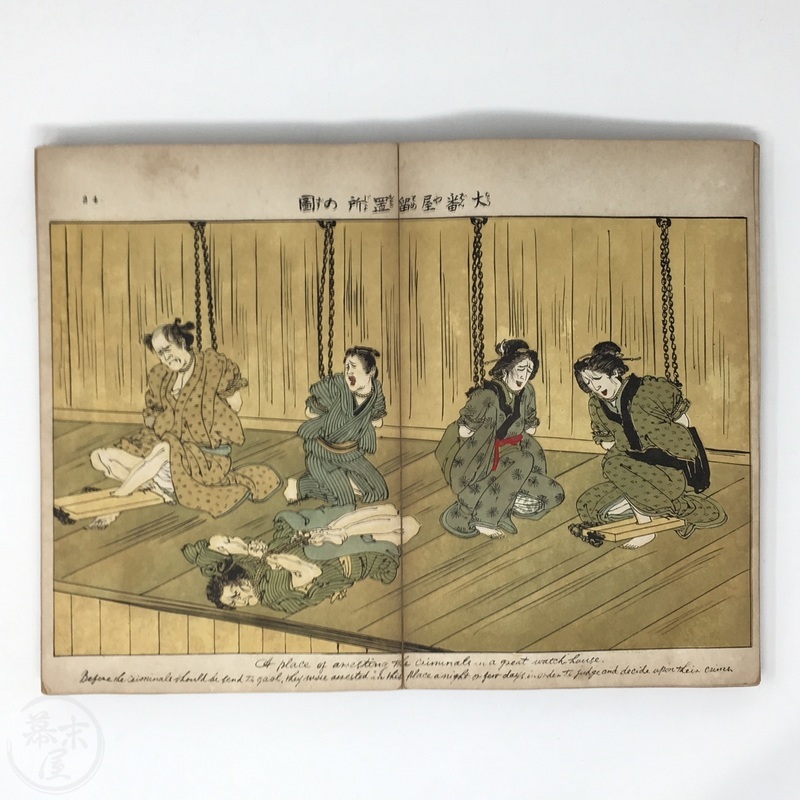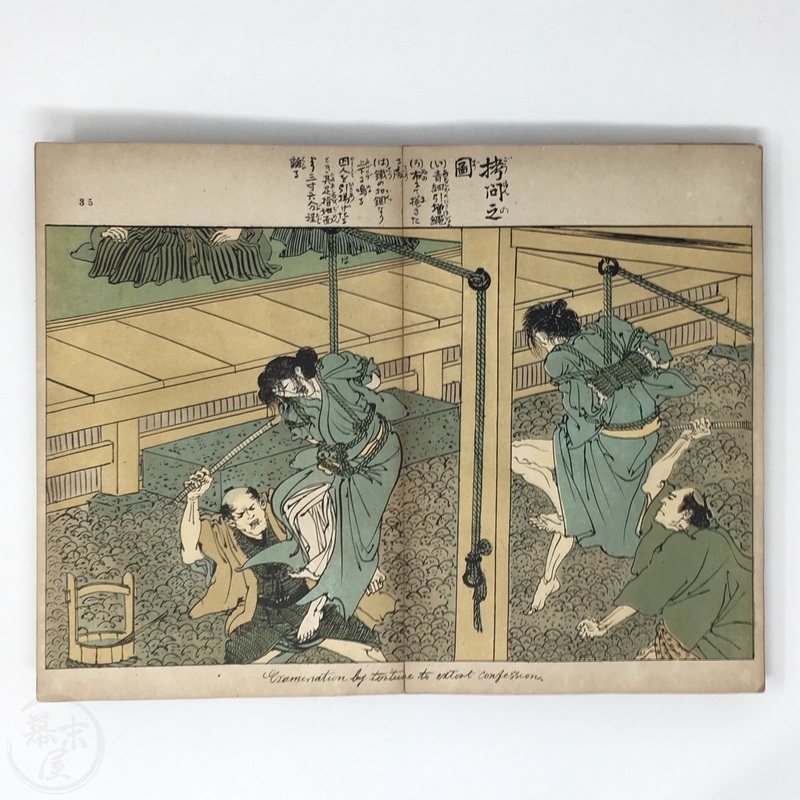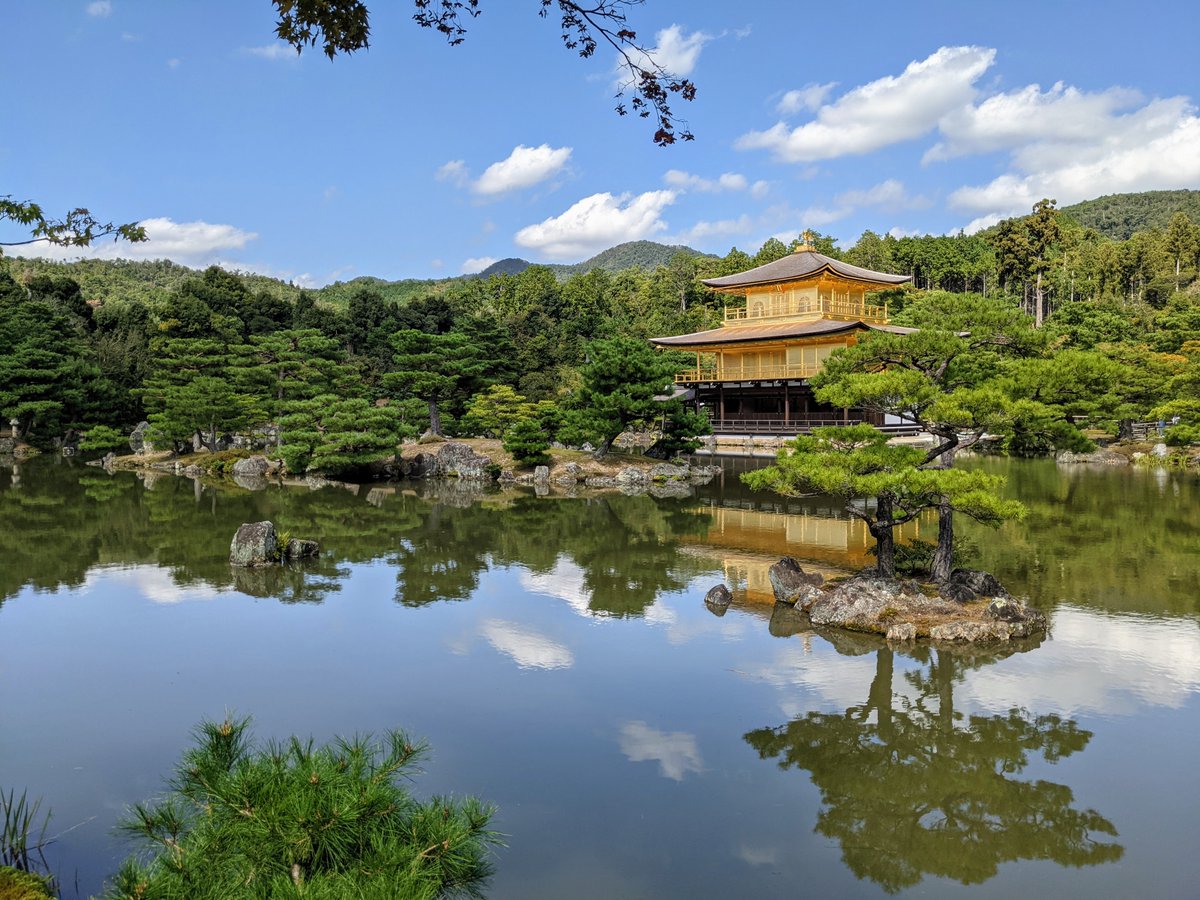🙏🖌️THE TEMPLE OF DARUMAS👀🙌
The Rinzai Zen temple Hōrin-ji (法輪寺/臨済宗) is famed for its huge collection of Daruma (達磨) dolls, statues, scrolls and paintings, and because of this it is better known as Daruma-dera (達磨寺).
#Kyoto #京都 #daruma #Darumadera #達磨寺 #Japan



The Rinzai Zen temple Hōrin-ji (法輪寺/臨済宗) is famed for its huge collection of Daruma (達磨) dolls, statues, scrolls and paintings, and because of this it is better known as Daruma-dera (達磨寺).
#Kyoto #京都 #daruma #Darumadera #達磨寺 #Japan




Daruma (達磨) is the Japanese name for Bodhidharma, a 5th or 6th monk credited with establishing Zen.
Daruma dolls, typically red and made from papier-mâché, are modeled on the story of Bodhidharma wall-gazing in a cave (close to the Shaolin Monastery) for 9 years.
#だるま #Japan



Daruma dolls, typically red and made from papier-mâché, are modeled on the story of Bodhidharma wall-gazing in a cave (close to the Shaolin Monastery) for 9 years.
#だるま #Japan




In the 7th year it is said Bodhidharma fell asleep. Furious with himself, he cut off his eyelids and tossed them away to prevent it happening again.
Legend has it that the first tea plants sprang from those eye-lids, later helping Zen students stay away during long meditations👀



Legend has it that the first tea plants sprang from those eye-lids, later helping Zen students stay away during long meditations👀




But why are Daruma dolls round?
During those 9 years Bodhidharma's arms and legs atrophied, and his limbs became useless. Without eyelids he had a constant, shocked appearance.
In Japan the dolls represent perseverance...a prayer to complete a difficult task or longed-for goal.



During those 9 years Bodhidharma's arms and legs atrophied, and his limbs became useless. Without eyelids he had a constant, shocked appearance.
In Japan the dolls represent perseverance...a prayer to complete a difficult task or longed-for goal.
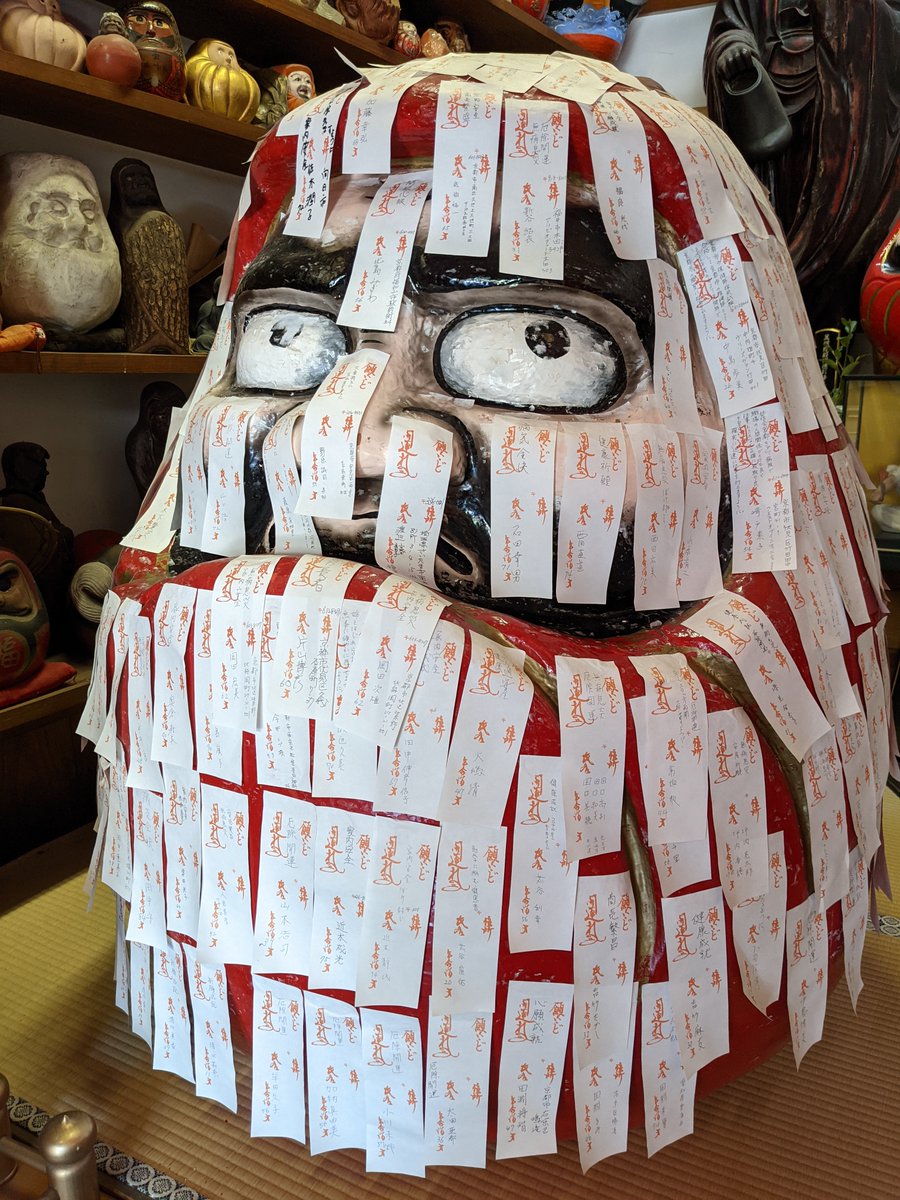
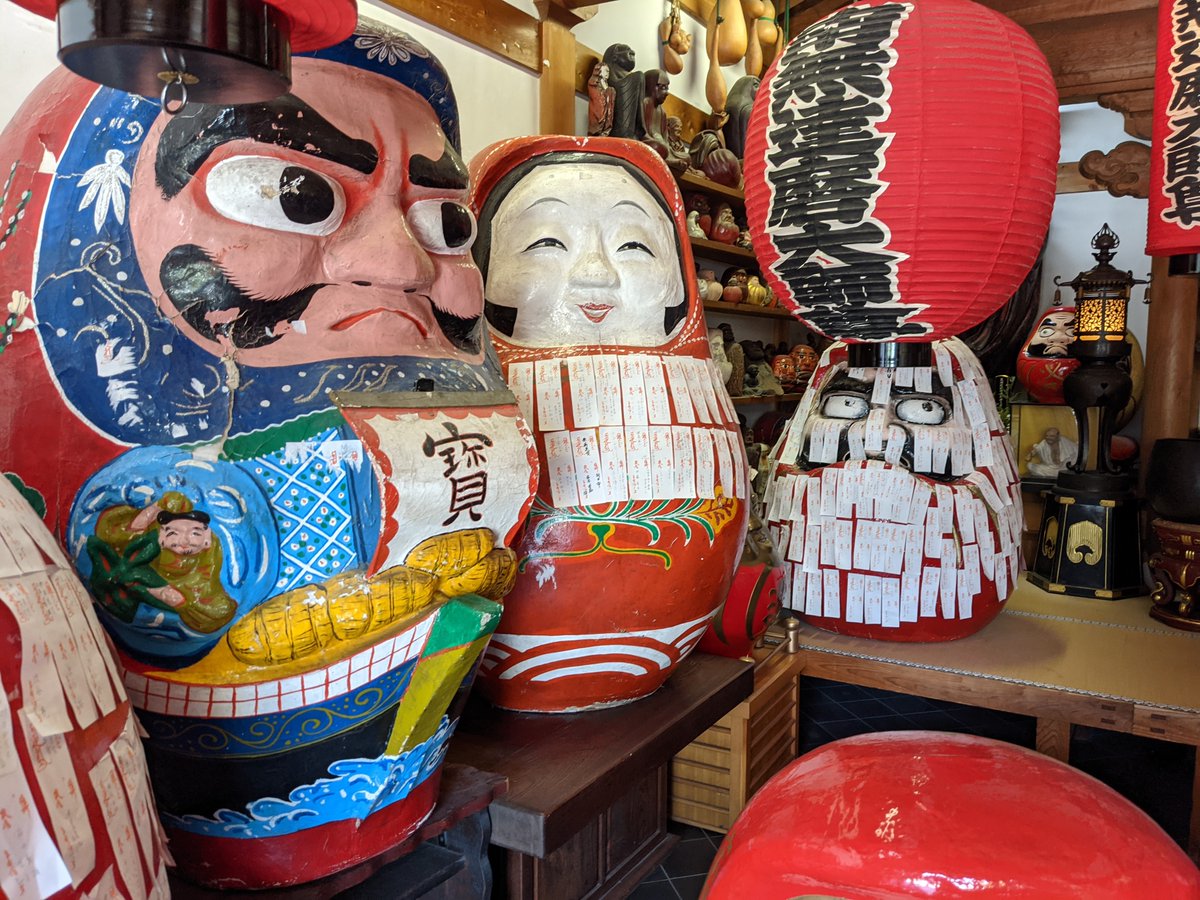


Hōrin-ji is located on the eastern bank of the Kamiya-gawa (紙屋川). It is also known as Hōrinzen-ji (法輪禅寺), Daruma-dera (達磨寺) and Akiagari Daruma-dera (起上達磨寺 lit 'Self-righting Doll Temple'). The temple's post-WWII Daruma-dō (達磨堂) houses over 10,000 Daruma (達磨).
In 1718 Daigu Sōchiku (大愚宗築) wished to found a new temple, and so charged Mankai Jigen (万海慈源/萬海和尚) with the job.
Hōrin-ji (法輪寺) was completed sometime between 1727-30, financed by the money exchanger Araki Kōhin (荒木光品/owner of the Ise-ya store 伊勢屋).
#Kyoto



Hōrin-ji (法輪寺) was completed sometime between 1727-30, financed by the money exchanger Araki Kōhin (荒木光品/owner of the Ise-ya store 伊勢屋).
#Kyoto




When finished the temple was considerable in size, covering far more than the current 5000 square metres. Over the subsequent centuries 3 fires struck (the Hōjō 方丈, constructed 1718, was the only original building to survive), but it was hastily rebuilt each time.
#Japan #Kyoto



#Japan #Kyoto




During the Meiji Restoration and Shibutsu Bunri (神仏分離-the separation of Shinto and Buddhism) the bell hall collapsed. To save it from being seized by the anti-Buddhist government, the bell (cast in 1729) was buried in a swampy patch of ground close to the temple.
#達磨寺



#達磨寺




In 1934 Abbot Isan (後藤伊山 1894-1963) began to construct a new temple kitchen. Miraculously the bell was unearthed. Sleeping inside was a white snake. Because they are believed to be familiars of the goddess Benzaiten (弁才天), the bell was renamed Benten-kane (弁天鐘).
#Japan



#Japan




Isan was pivotal in reviving Hōrin-ji. After the horrors of WWII, he began work on the Daruma-dō (達磨堂).
Daruma famously right themselves after being knocked down, and Isan hoped that Japan would do the same. Enshrining images of Daruma, the hall (& temple) now has over 10,000.



Daruma famously right themselves after being knocked down, and Isan hoped that Japan would do the same. Enshrining images of Daruma, the hall (& temple) now has over 10,000.



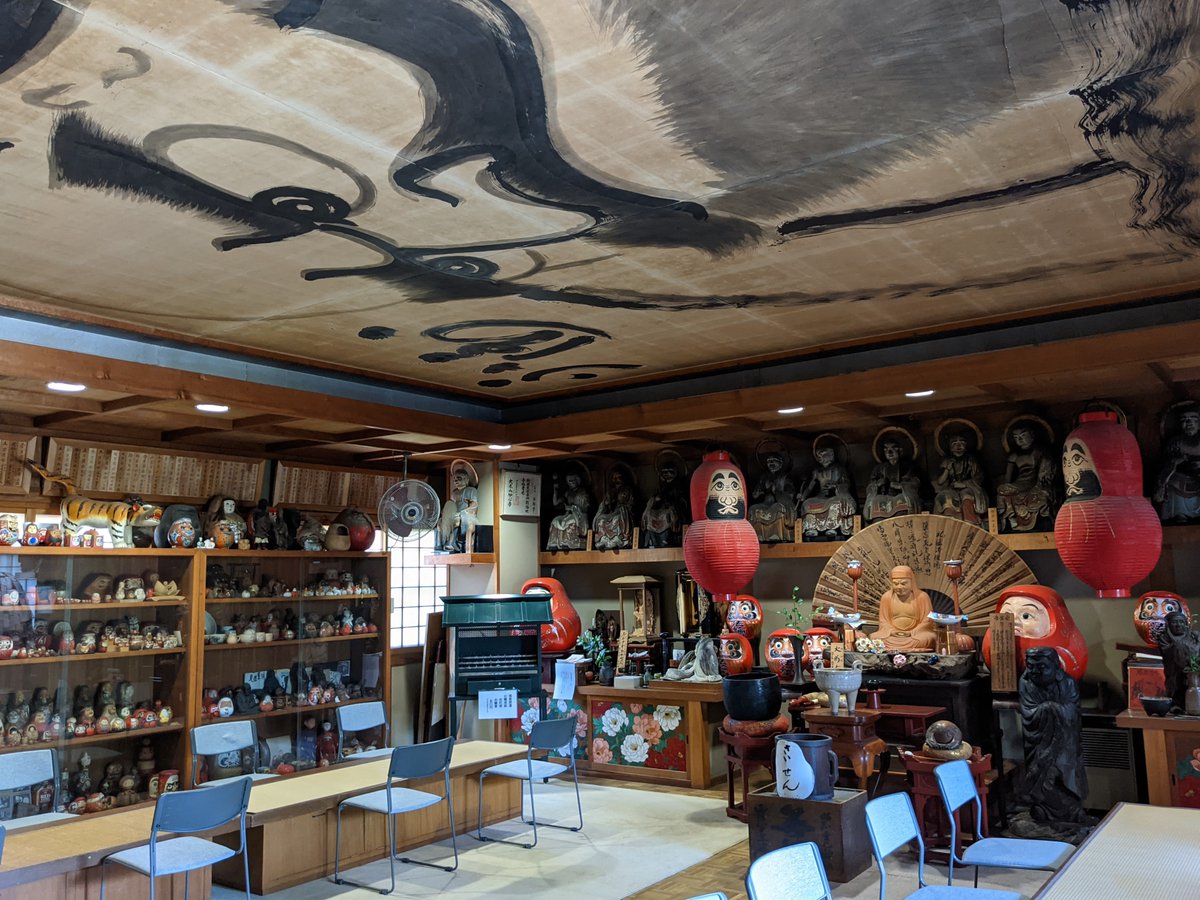
In the temple grounds one stone Daruma called 'Jūnishi Eto Daruma Daishi' (十二支エト達磨大師) watches over the Jūnishi (十二支 the '12 Zodiac Animals'). The statue was donated by a local company to guard the souls of deceased animals and pets.
#zodiac #daruma #Bodhidharma #達磨



#zodiac #daruma #Bodhidharma #達磨




On the ceiling of the Shujō-dō (衆生堂) is a painting of Daruma by Higuchi Bunshō (樋口文勝). He was 83 when he completed the work.
Bunshō dedicated his life to painting images of Daruma. This is his 40500th work! The inscription is by Yamada Mumon (山田無文 1900-88).
#京都 #達磨



Bunshō dedicated his life to painting images of Daruma. This is his 40500th work! The inscription is by Yamada Mumon (山田無文 1900-88).
#京都 #達磨
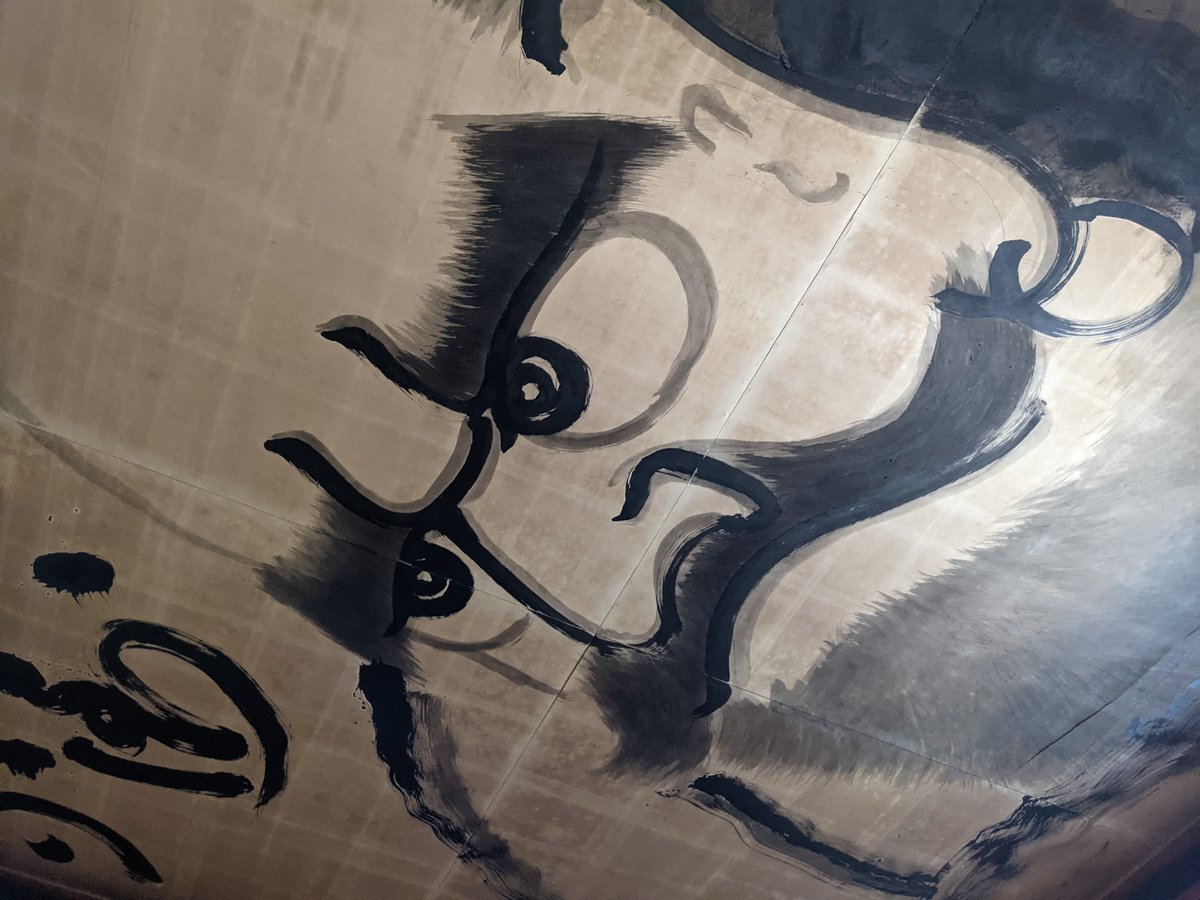



In 1940 Ikenaga Hirohisa (池永浩久 d1954), head of the film studio Nikkatsu Uzamasa Satsueijo (日活太秦撮影所), founded the Dainippon Eiga Daidō-e (大日本映画大道会 Greater Japan Film Service). At this time he built an altar room in his home called Kinema-ji (貴寧磨寺).
#Japan



#Japan




The altar enshrined figures from Japan's film industry. In 1944 Hōrin-ji’s head priest Gotō Isan, a friend of Ikenaga, agreed to begin an official altar at the temple. To this day many people come on pilgrimage to pay their respects to the famous actors, directors and producers. 






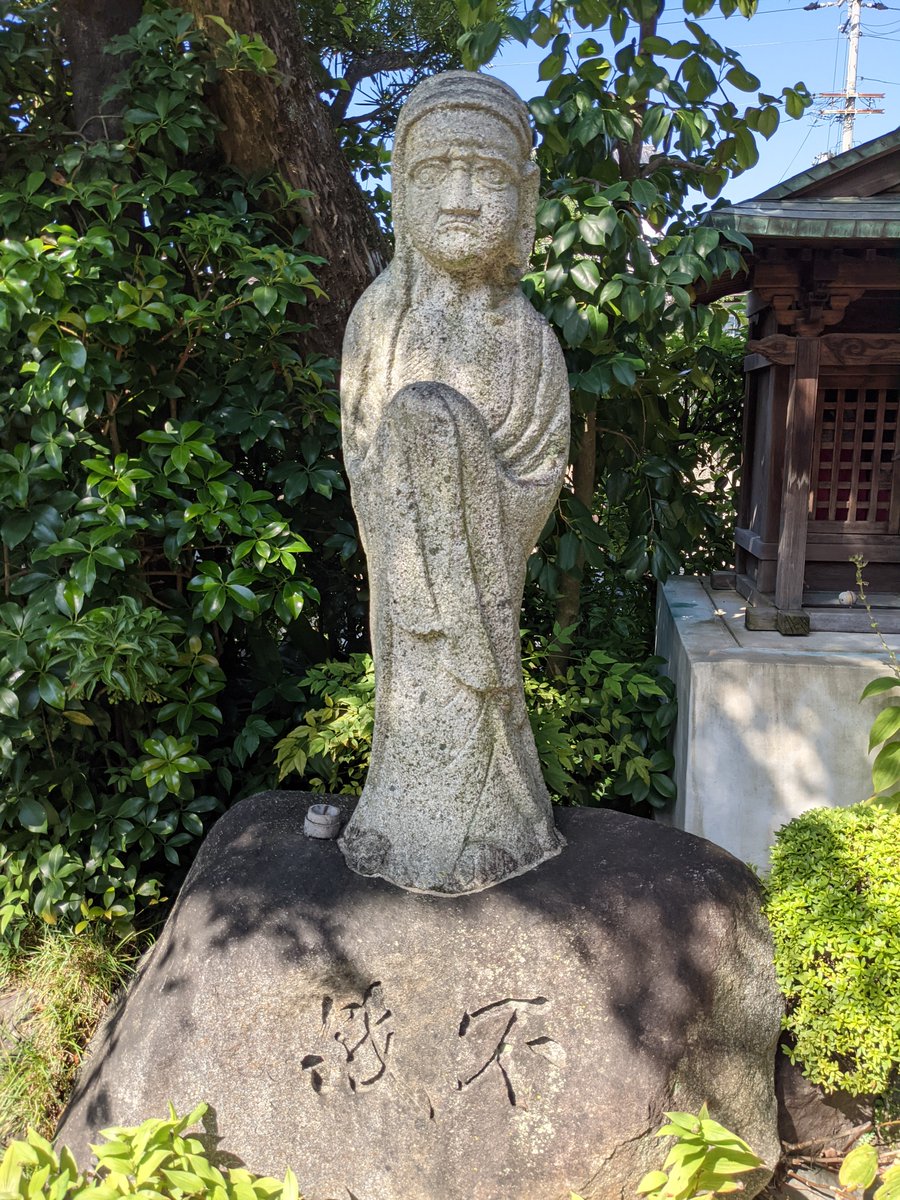
Included (amongst the 800 enshrined) are the famous names Inada Katsutaro (稲田勝太郎), Yokota Einosuke (横田永之助), Onoe Matsunosuke (尾上松之助), Makino Shōzō (牧野省三), Denjirō Okochi (大河内伝次郎), Bandō Mitsugorō (坂東三津五郎) and Mochidzuki Yūko (望月優子).
#京都 #Japan



#京都 #Japan
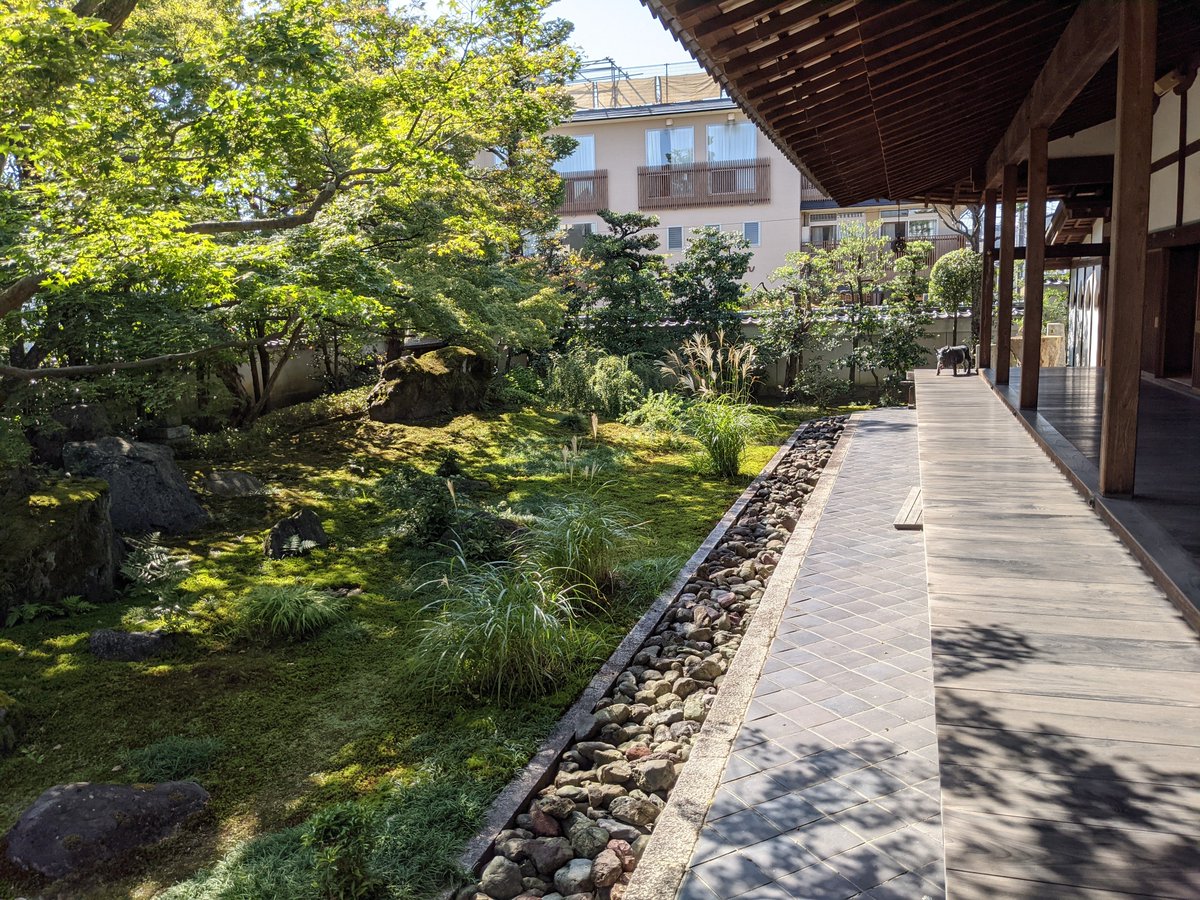



Okuda Ryūji's (奥田龍司) 20thC dry landscape garden is made up of cattle-like rocks. Called the '10 Ox Garden' (十牛庭 'Jūgyū-tei'), it indicates the enlightenment levels in Zen...the journey of a novice as he goes through training.
🐂🐂🐂🐂🐂🐂🐂🐂🐂🐂
#Kyoto #京都 #Japan #達磨



🐂🐂🐂🐂🐂🐂🐂🐂🐂🐂
#Kyoto #京都 #Japan #達磨
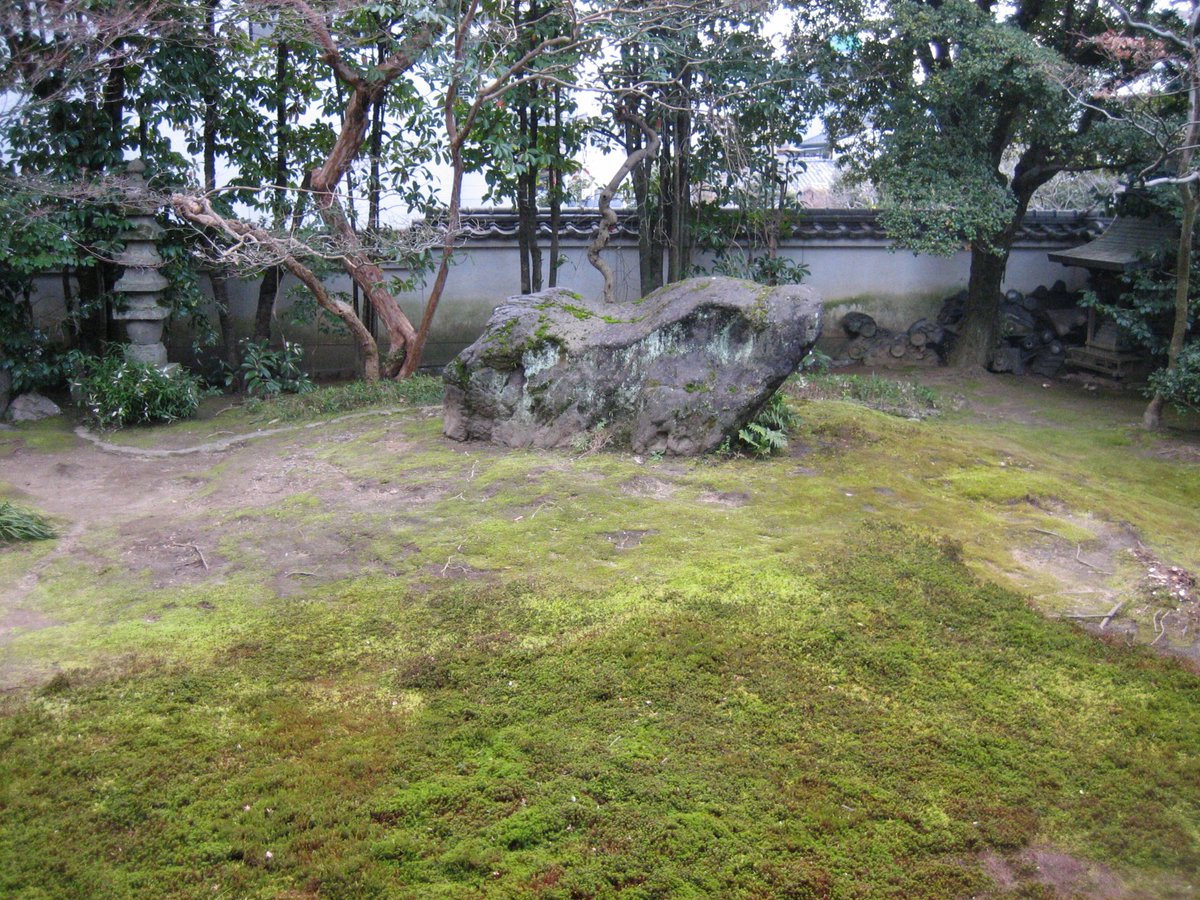


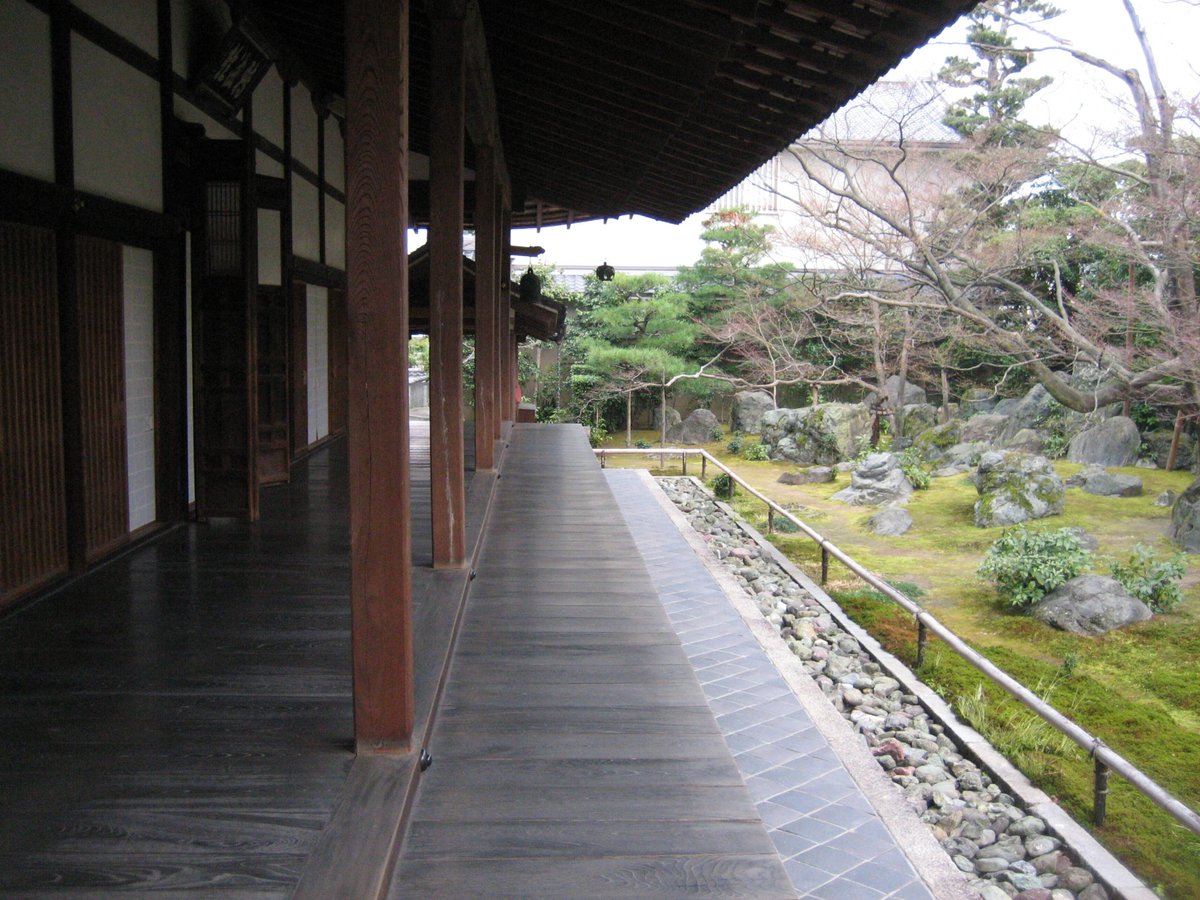
The 'Ten Ox Herding Pictures' (十牛図 Jūgyū) are a series of poems & pictures used in Zen to show the stages of a practitioner's progress toward enlightenment. The ox was long used as a simile for meditation practice, & a series of paintings first appeared in China in the 11thC. 







In the Jūgyū-no-niwa (十牛の庭/十牛庭), the cattle and boy featured in the paintings are represented by rocks of different sizes. The focus point is the Gagyū-seki (臥牛石), a megalith symbolising a cow at rest.
Kyōto has a few such gardens.
#Kyoto #京都 #十牛庭 #達磨寺 #だるま
Kyōto has a few such gardens.
#Kyoto #京都 #十牛庭 #達磨寺 #だるま
• • •
Missing some Tweet in this thread? You can try to
force a refresh



